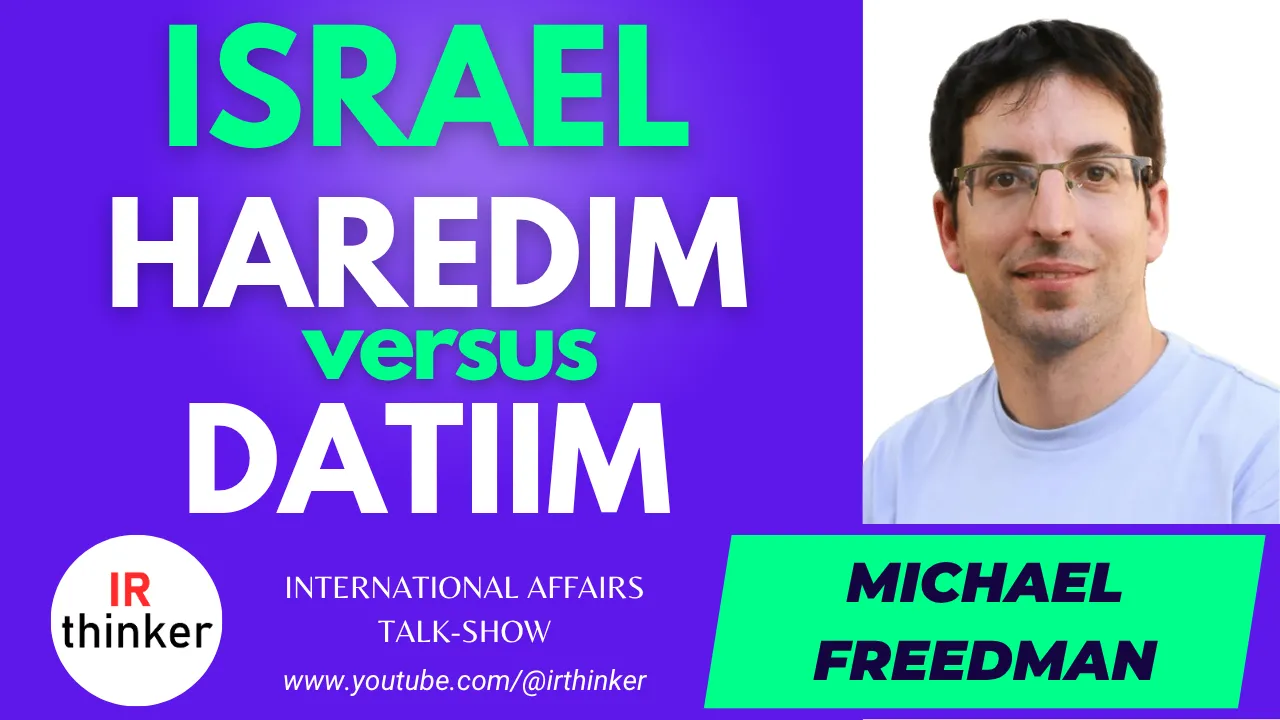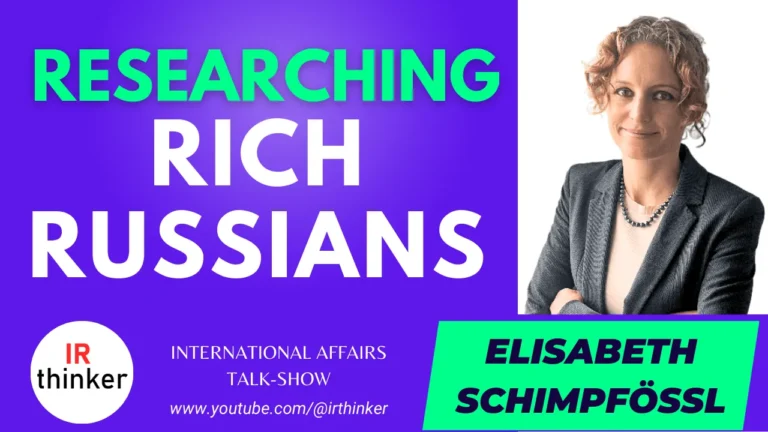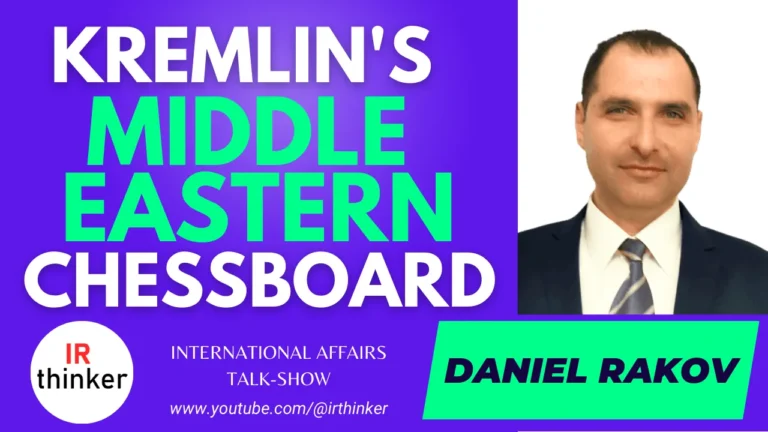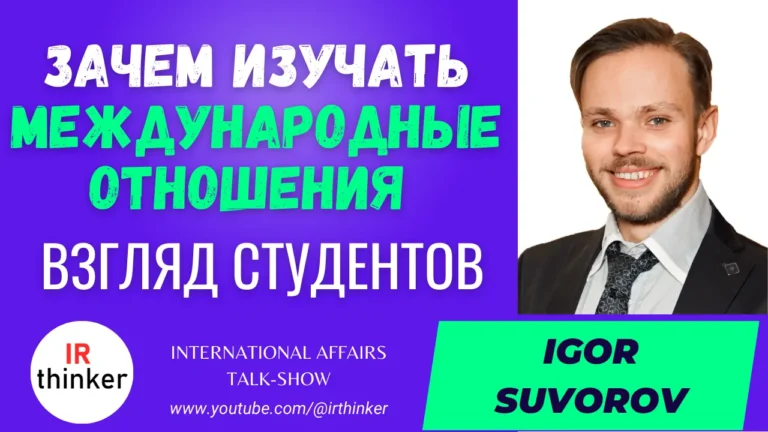
“Haredim” and “Datiim” are Hebrew terms used to describe two distinct groups within Jewish society in Israel and around the world. What are their views on the State of Israel?
Haredim
The term “Haredi” comes from the Hebrew word for “trembling” or “fearing”, and is often used to refer to “ultra-Orthodox” Jews. Haredim are characterised by their strict adherence to Jewish law (Halacha) and the segregation of their communities from mainstream society. They often have a particular focus on religious study, and traditional roles and dress are very important. Men often wear black hats, long black coats, and sidelocks, while women dress modestly and cover their hair if they are married.
Datiim
The term “Dati” translates as “religious” and it is used to refer to “modern Orthodox” Jews or “religious Zionists”. This group also adheres to Jewish law, but they are generally more integrated into mainstream society than Haredim, and they have a positive outlook on the State of Israel, often viewing its establishment and continued existence as part of a divine plan.
Content
- ‘Haredim’ and ‘Datiim’: Divergent Approaches to the State of Israel
- Cohabitation of ‘Haredim’ and ‘Datiim’ in Urban Areas
- What Drives the More Pragmatic Approach of ‘Haredim’ Towards the State of Israel?
- The Possibility of ‘Haredim’ Women Pursuing Political Careers
- Understanding Gender Roles and Labour Participation Among ‘Haredim’ Women
- What Influences the ‘Datiim’ Approach to the State of Israel and the Gaza Strip?
- To What Extent Can Israel be Defined as a Religious State?
- The Prospects for ‘Haredim’ and ‘Datiim’ Serving in the Israeli Army
- Avoiding Mandatory Service in the Israeli Army?
- The Potential for Non-Jewish People to Serve in the Israeli Army
- The Religious Identity of the Israeli Government in 2023
- The Dynamics of Benjamin Netanyahu’s Political Support Among Religious Groups
- The Demand for a New Political Party in Israel
- International and Foreign Policy Perspectives on Tensions Between ‘Haredim’ and ‘Datiim’
- The Feasibility of ‘Haredim’ and ‘Datiim’ Serving as Israeli Ambassadors Abroad
- Envisioning an Ideal Political Model for the State of Israel
- Evaluating the Degree of Democracy in Israel: The Impact of Judicial Reform
- The Motivation Behind Governmental Efforts to Strip Courts of Certain Competencies, and the Associated Protests
- Does the Judicial Reform Unite or Divide the ‘Haredim’ and ‘Datiim’?
- Identifying Political Common Ground Between ‘Haredim’ and ‘Datiim’
- The Response of ‘Haredim’ and ‘Datiim’ to the Covid-19 Pandemic
- The Presence of ‘Haredim’ and ‘Datiim’ at Universities
- Where to Find ‘Haredim’ and ‘Datiim’ Scholars?
- Accessing ‘Haredim’ and ‘Datiim’ Communities for Research Purposes
Michael Freedman
Michael Freedman is an assistant professor (lecturer) in political science at the University of Haifa. He is also part of the Political Behaviour Lab (with Israel Waismel Manor and Liran Harsgor) and a member of the Haifa Data Science Research Center (DSRC). Before Haifa, he was a postdoctoral fellow at the Hebrew University. Michael obtained his PhD in political science, from the Massachusetts Institute of Technology (2019).
His research interests are: religion, conflict, and citizen-state interactions in Israel and the Muslim world. His work combines big data approaches with experiments and in-depth interviews.
Michael publishes in multiple high-profiled journals, including the American Sociological Review, Political Behavior, Political Science Research Methods, and the Journal of Conflict Resolution.
Selected Publications
No Longer Sacred: Religious Post-Zionist Beliefs about the State of Israel
Vote with your rabbi: The electoral effects of religious institutions in Israel
Fighting from the Pulpit: Religious Leaders and Violent Conflict in Israel






